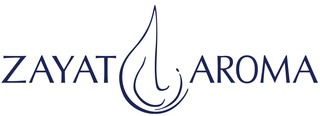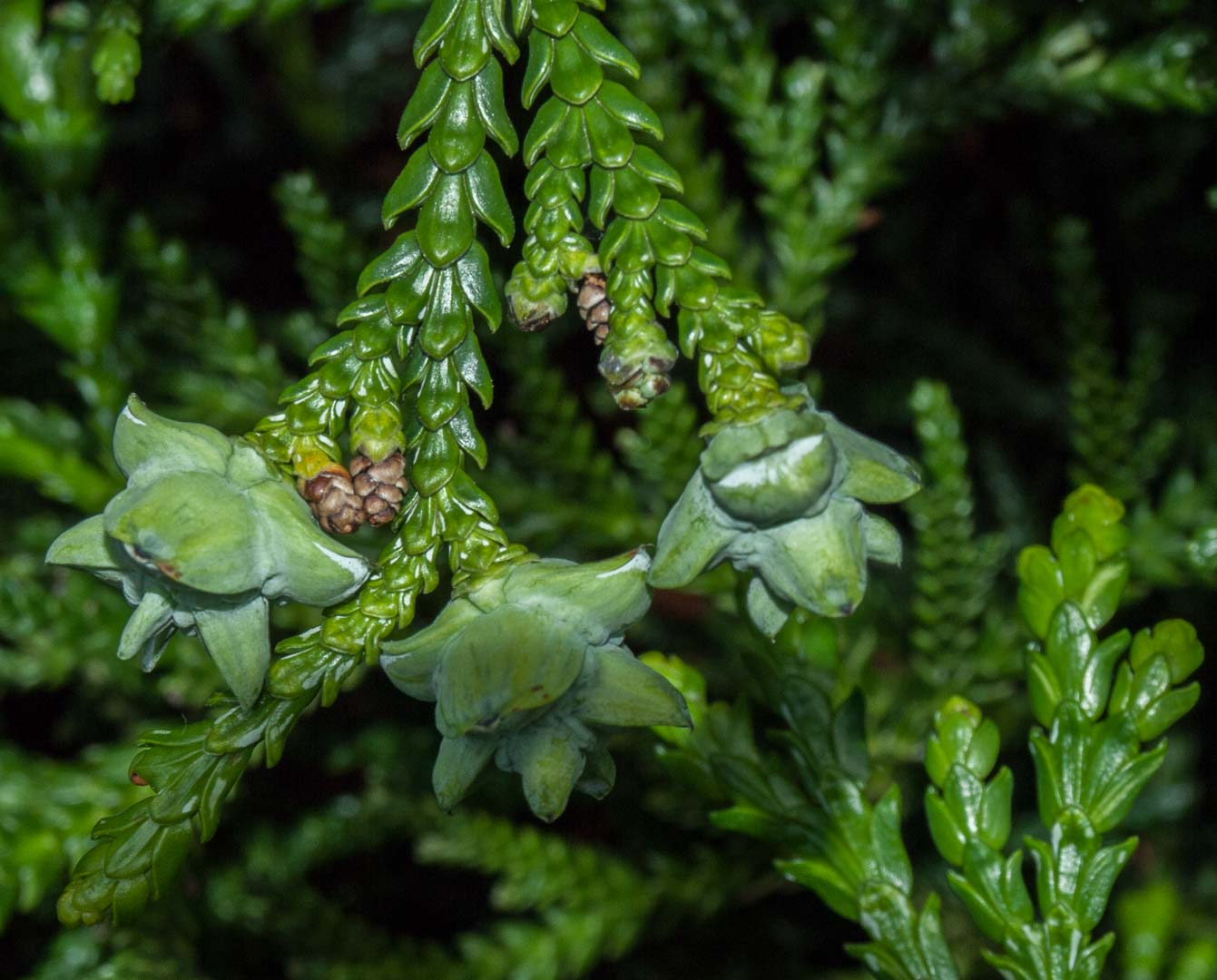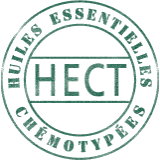Hiba wood,
Hiba wood, organic Nepal 

100% pure and natural essential oil
Botanical name: Thujopsis dolabrata
Plant Part: wood
Extraction method: steam distilled
Origin: Nepal
| 6.00$ |
Free shipping for online orders of more than 69$, before taxes, within Canada.
(View the maximum available formats for free delivery)
Recommended in diffusion
Cautions and warnings:
Do not use pure essential oils. Essential oils are diluted in a vegetable oil when applied to the skin. Carry out a skin tolerance test in the crook of your elbow and wait 48 hours before using the oil on the skin. Do not use the essential oil if you notice a reaction such as redness, itching or stinging.
Keep out of reach of children.
If accidental ingestion occurs, seek urgent medical attention or contact a Poison Control Center.
Avoid contact with eyes and mucous membranes. Essential oils should not be applied to the eyes, the eye contour area, neither into the ears. In case of contact, apply a plenty of vegetable oil and take promptly medical advice.
If symptoms persist or worsen when using essential oil, consult a health care practitioner.
If you have epilepsy or asthma, consult a health care practitioner prior to use.
Avoid exposure of applied area(s) to the sun.
Contraindications:
If you are pregnant or breastfeeding, do not use essential oils.
Known adverse reactions:
If you experience nausea, dizziness, headache or an allergic reaction, discontinue use.
Storage:
Store in airtight, light-resistant container at room temperature.
Responsibility:
The information contained on our site is presented purely for information purposes and cannot, in any case, bind the responsibility of the company. In no way does this information constitute a recommendation for preventive or curative treatment, prescription or diagnosis, nor should it be considered as such.
 Words by Anny Schneider
Words by Anny Schneider
This Asian tree from the cupressaceae family has similar effects to our cedar (thuya).
Depurative, anti viral and anti-inflammatory.
Used diluted in 80% vegetable oil.
Origin of this essential oil
This Hiba essential oil (named also "thuyopsis") from Nepal is distilled from the wood of the plant.
Properties
Essential oil from a rare conifer originating from Nepal with astringent and bactericidal effects similar to cypress and thuja.
Helps with decision-making, with clarity.
Useful in therapy in topical preparations for conditions such as eczema, soothing itching (does not affect potential secondary infections).
Suggestions for use
popular choice for diffusion or inhalation
Cautions
Keep away from children, air, heat and light.More information
Thujopsis (pronounced "Thuyopsis") is a genus of conifers endemic to Japan, comprising a single species, Thujopsis dolabrata.
It is often called Hiba and is distinguished from its neighbor, Thuja, by broader leaves and thicker cones.
It goes by several names: asunaro (あすなろ), false arborvitae, or Hiba arborvitae, Hiba cedar.
This evergreen tree can reach 40 meters in height and 10 meters in diameter, with a characteristic reddish-brown bark.
The leaves are thick and arranged in decussate pairs, while the cones are ovoid and covered with a violet wax.
Thujopsis is historically significant in Japan, being one of the "Five sacred trees of Kiso", and is widely used in construction, lacquer work, and wood carving. It is also associated with Tsuga diversifolia forests.
Hiba is rich in Hinokitiol, a powerful antibacterial agent, and is used in therapy to treat various skin conditions, including eczema.
Its strong fragrance, combined with its therapeutic use, makes it a popular choice for diffusion or inhalation, creating an authentic Japanese ambiance.
Hiba embodies both a Japanese cultural symbol and a valuable resource for health and craftsmanship.
For further information about this product or to inquire about larger quantities, please send us an email and we will get back to you as soon as possible.
The availability and price of this product may vary without prior notice, if for some reason the quantity you have requested is currently unavailable, we will contact you shortly to discuss the best options to fulfill your needs.
References
Log in
Subscribe to our newsletter here!
All rights reserved © 2024 - ZAYAT AROMA
Terms & conditions | Security & privacy






